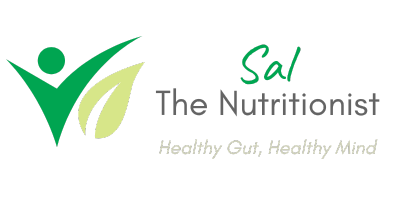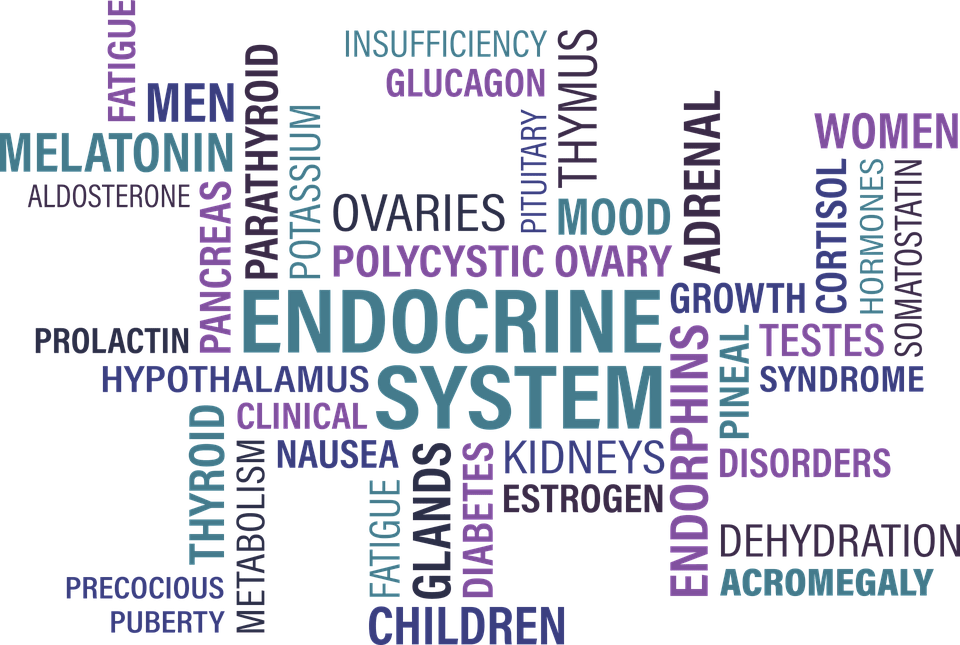Are you eating right for your thyroid?
Our thyroid gland produces hormones that regulate body and brain growth and development, body temperature, energy levels and metabolic functions.
Thyroid dysfunction is becoming increasingly common. Many of us don’t even know that we may have a problem with our thyroid. There are so many factors contributing to a dysfunction in thyroid health and there are also too many signs and symptoms to mention here but some signs of low thyroid (hypothyroidism) are:
- Fatigue and lethargy
- Cold intolerance
- Weight gain
- Constipation
- Muscle aches and pains
- Dry, flaky skin
- Depression
- Menstrual disorders
How nutrients from your diet play a huge role in a healthy thyroid
The ‘big’ ones
Iodine
We often overlook the importance of iodine in our diet. Without iodine, we wouldn’t be able to produce thyroid hormones. Foods include:
Shellfish (including oysters), fish, seaweed, iodised sea salt, garlic, asparagus
Selenium
Another overlooked mineral, selenium converts the hormone T4 to T3. Foods include:
Brazil nuts, eggs, fish, meat, wholegrains, seeds
Tyrosine
Tyrosine is an amino acid which produces thyroid hormones. Another reason why eating enough protein is so important. Foods include:
Meat, cheese, nuts, seeds, dairy, legumes, banana, avocado
Zinc
Zinc isn’t only important in immune health, it is an important co-factor for T4 and T3 production. Plant based diets are often low in zinc and chronic stress leads to a deficiency.
Foods include:
Meat, fish, shellfish, nuts, seeds, wholegrains, legumes, eggs
The ‘still important’ ones
Iron – meat, eggs, nuts, seeds, legumes, green leafy veggies, wheat germ
Vitamin E – almonds, hazelnuts, avocado, beef, sweet potato
Vitamin A – apricots, butter, eggs, green leafy veggies, avocado, carrots, sweet potato
Vitamin D – oily fish, eggs, mushrooms, sunshine
Vitamin B’s – meat, fish, veggies, bananas, eggs, dairy, legumes
Magnesium – nuts, seeds, green leafy veg, cacao, legumes, wholegrains
What to watch out for
Goitrogens
Goitrogens may block the uptake and utilisation of iodine. Goitrogens include veggies from the cabbage family: cabbage, broccoli, cauliflower, brussels sprouts, collards and mustard greens, radishes, kale, turnips, watercress, spinach, bok choy.
Soy
Soy has a goitrogenic effect. Soy-based infant formulas have been associated with an increased risk of autoimmune thyroid disease and diabetes when compared with breast-fed infants. Soy protein formulas have been found to increase the need for thyroxine medication. It may also cause decreased genetic expression of the enzymes needed to produce thyroid hormones. If you have hypothyroidism, it’s best to avoid.
Phytates
These are antioxidant compounds found in whole grains, legumes, nuts and seeds. They can bind to certain dietary minerals including iron, zinc and slow their absorption.
You need to be eating a huge amount of these foods to have an effect. Soaking these foods reduces the amount of phytates.
If you’re not eating many of these foods, start now. If you think you may have hypothyroid or a thyroid condition, get it checked out.
Tags
[tags_all_in_one number=”20″ smallest=”11″ largest=”11″ unit=”px” separator=” ” orderby=”name” order=”asc” post=”true”]

